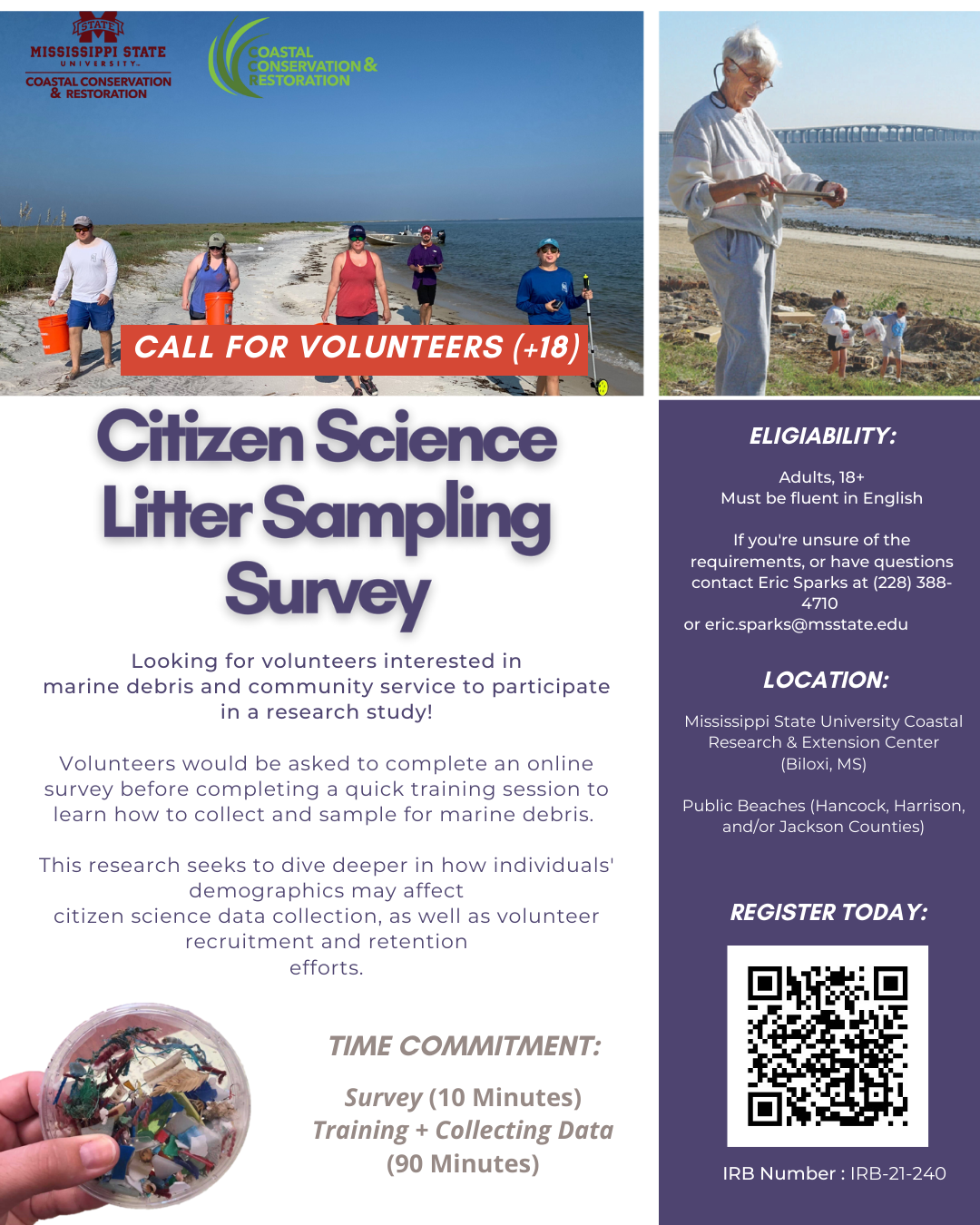Citizen Science
What is citizen science?
Citizen science, also known as community science, is a science based on the teamwork between research professionals and community members. This collaborative form of science allows for enhanced research and monitoring, it provides hands on learning and increases STEM, while also collecting rich amounts of data.
Citizen science is used on a diversity of topics and scales! Some examples include (but are definitely not limited to) eBird, iNaturalists, Nurdle Patrol, and Smoke Sense. People of all ages and educational backgrounds with an interest in science, the natural world, or just curious about how data is collected, are encouraged to dip their toes into the world of community science. Citizen science can lead to the creation of next generation of scientists, researchers, and conservation leaders!
To help you find citizen science projects that interest or are near you, please visit Citizenscience.gov or Citizenscience.org (both great resources!).
Interested in doing some marine debris focused community science with us? Keep scrolling!

